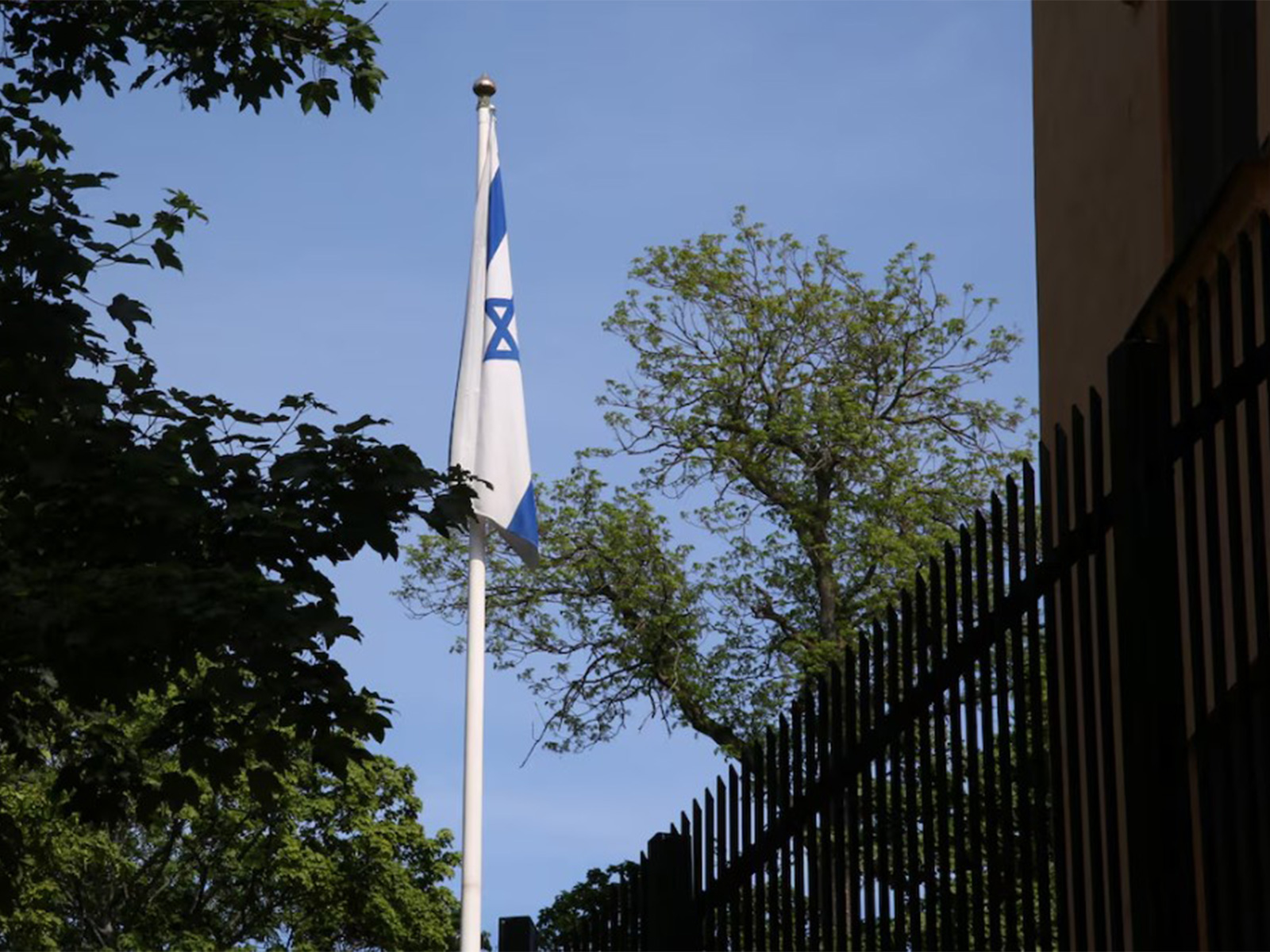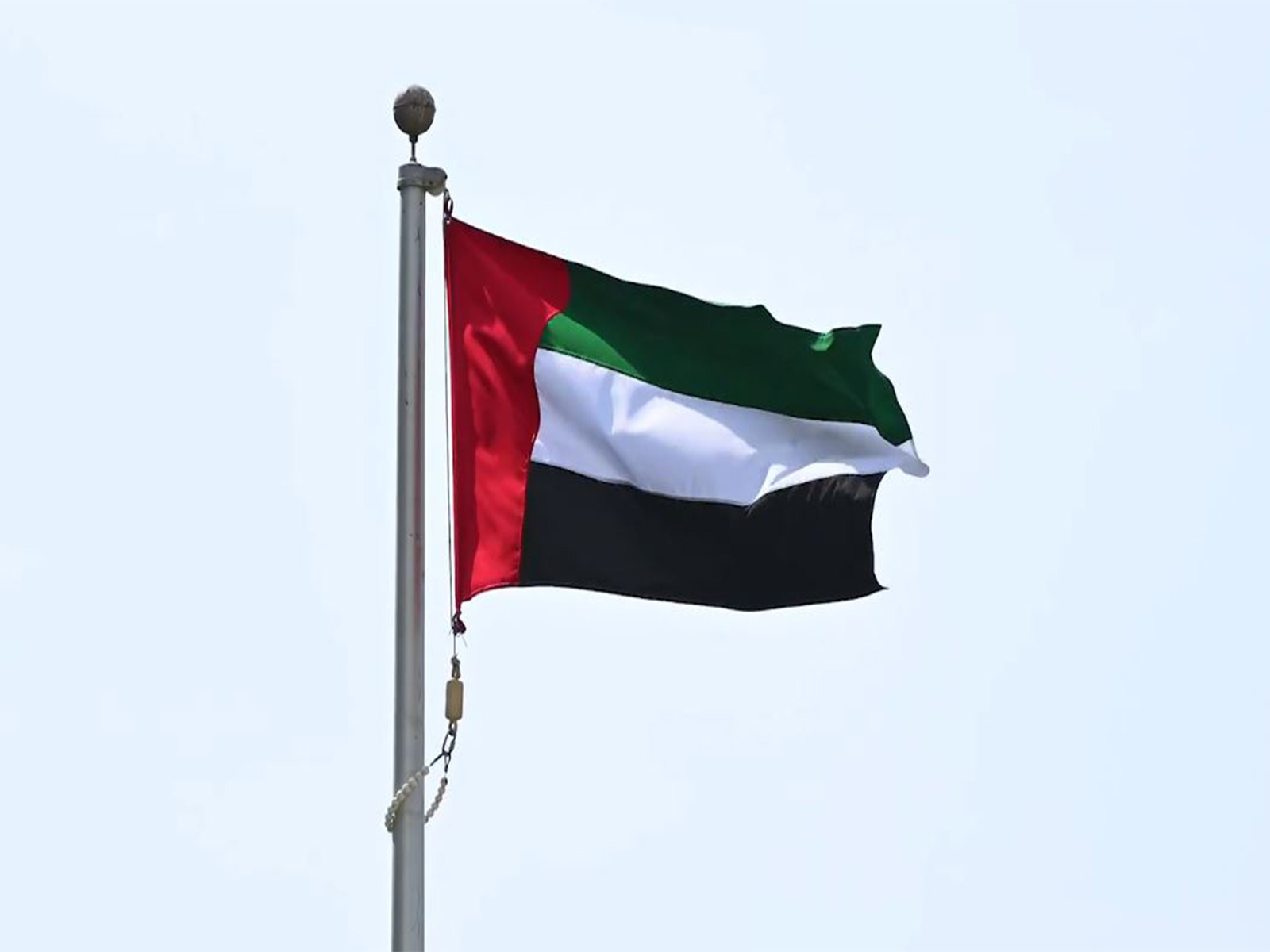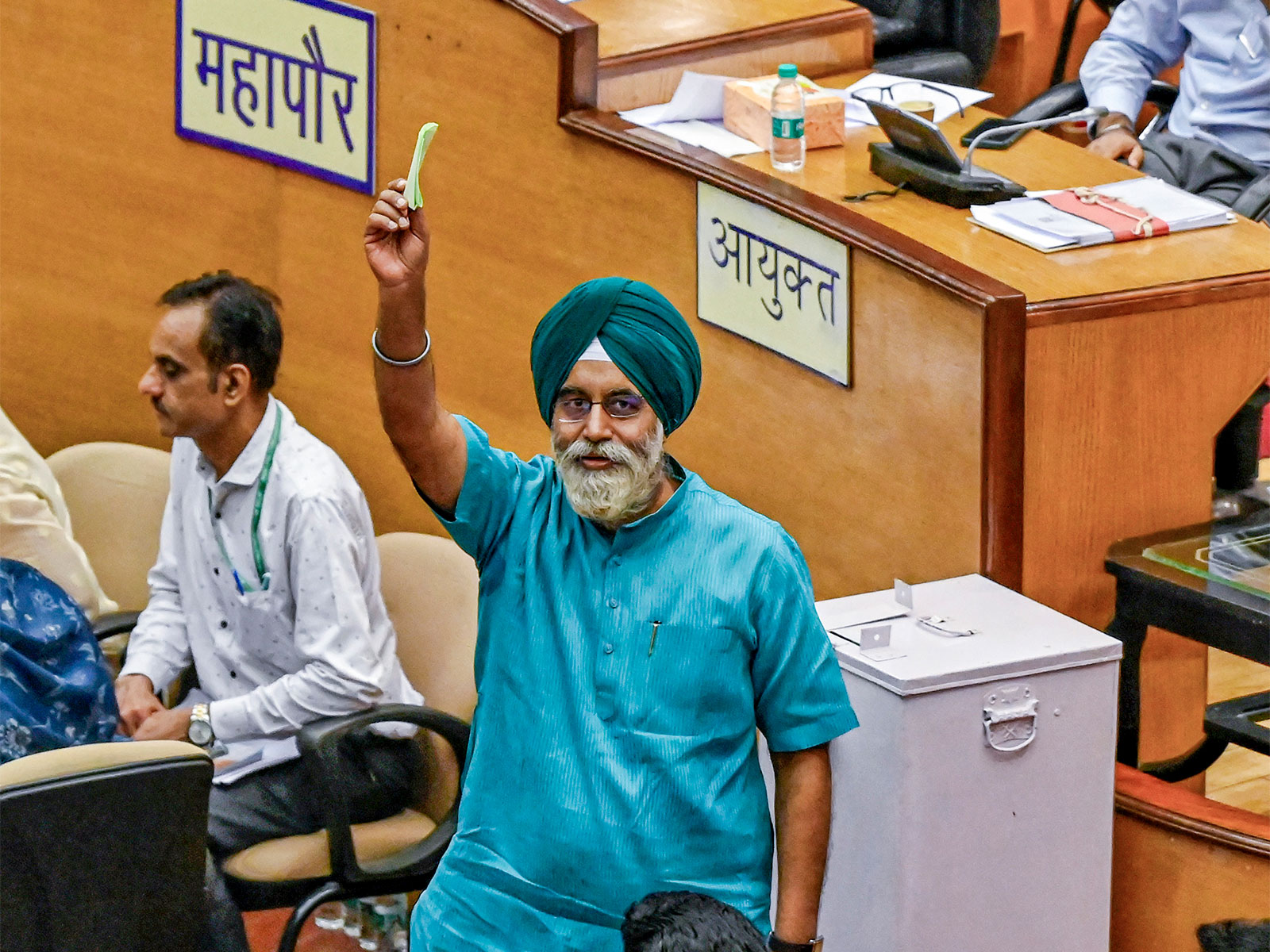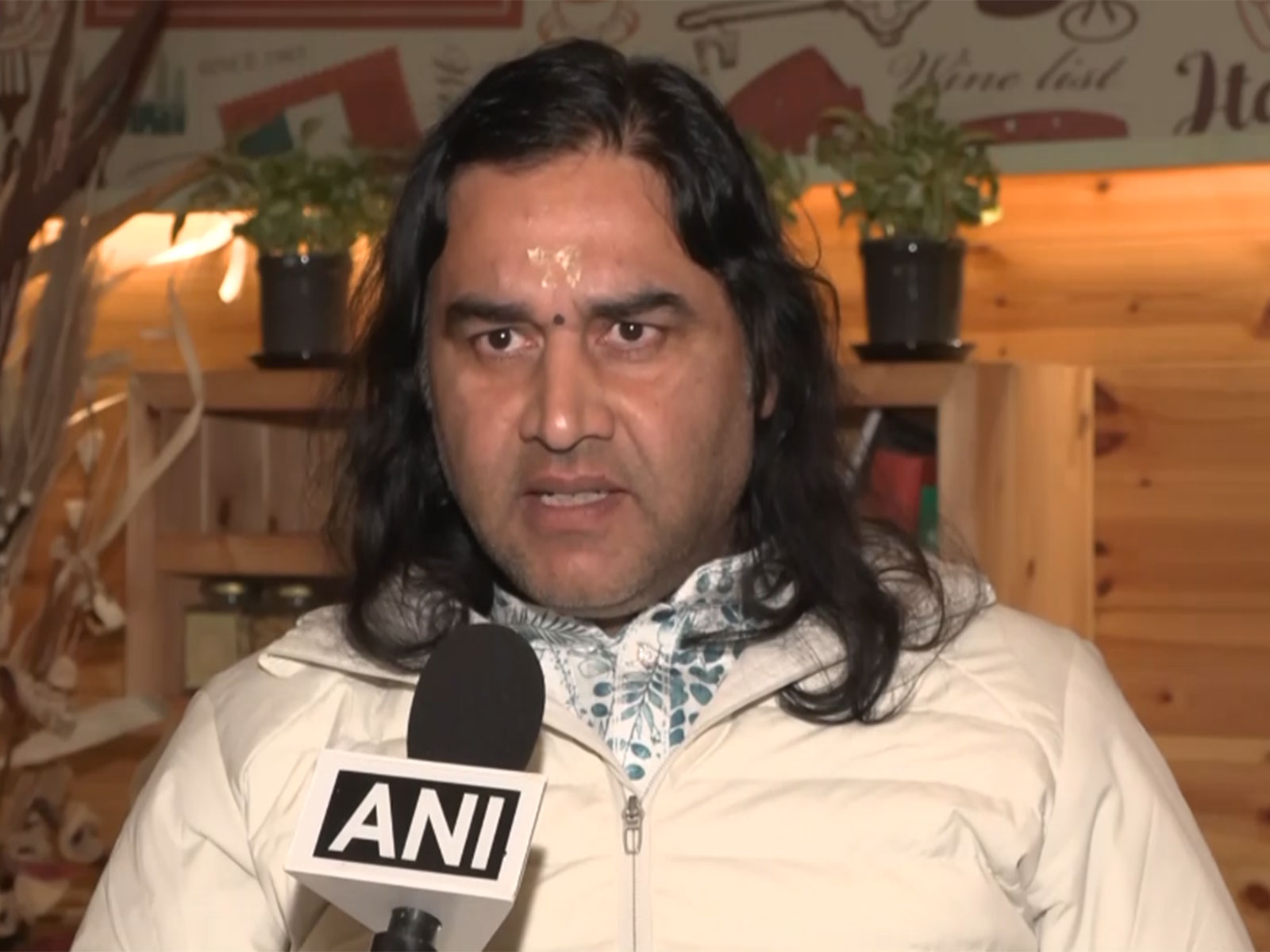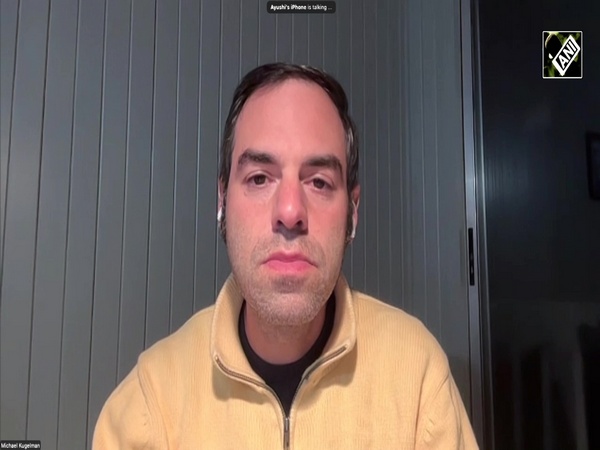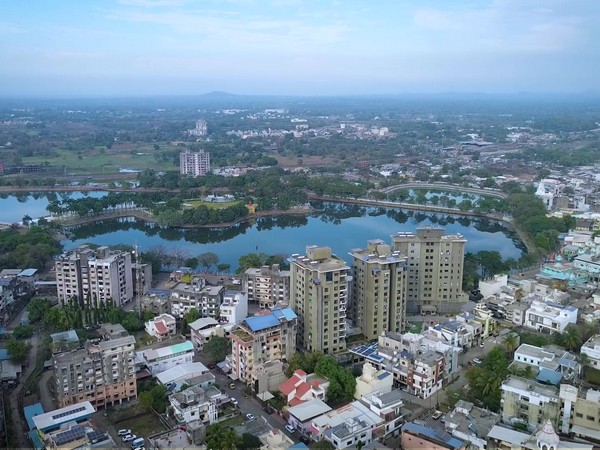Chinese tech giant Huawei paid USD 1 million to Serbian firm Telekom Srbija former chief
Oct 28, 2021

Belgrade [Serbia], October 28 : Amid a Chinese push to gain influence in Serbia, Huawei appears to have paid large sums to a former Serbian state telecom executive through an offshore shell company, according to a report by a non-profit organisation.
A former executive at state telecom company Telekom Srbija received over USD 1 million through an offshore firm in the British Virgin Islands that had contracts with Chinese company Huawei, reported Organized Crime and Corruption Reporting Project (OCCRP).
Former Telekom Srbija executive Igor Jecl, appears to have received over USD 1.4 million in contracts, dividends, loans, consulting fees, and an apartment from an offshore company that was paid by Huawei for consultancy.
The payments were linked to contracts with Huawei, some for consulting services that included introducing Huawei to government officials and arranging meetings for the Chinese company.
In 2016, Huawei inked a major agreement with Telekom Srbija to overhaul Serbia's telecommunications infrastructure.
Experts say the offshore arrangements raise red flags for corruption. A current Telekom Srbija official said they should not have happened, reported OCCRP.
Neither offshore company that dealt with Huawei has a public track record of doing consulting work, or any business at all.
Although OCCRP has not uncovered evidence that the payments were improper, they were made over a period of time when Huawei was doing business in Serbia. In 2016, it landed a 150-million-euro deal to upgrade Serbia's telecommunications infrastructure.
Reporters found out about the deals through The Pandora Papers, a leak of nearly 12 million documents from 14 offshore service providers obtained by the International Consortium of Investigative Journalists and shared with news organizations including KRIK and OCCRP.
Crime and Corruption Reporting Network (KRIK) is a non-profit organization established to improve investigative journalism in Serbia.
They provide an inside look at how the wealthy and powerful hide money in secretive jurisdictions like Panama and the British Virgin Islands.
The papers suggest that Jecl wasn't just dealing with Huawei on his own, but tapping into an existing offshore structure set up by another person: Milorad Ignjacevic, a prominent Serbian lawyer who had business ties to Telekom, reported OCCRP.
Pandora Papers documents only provide a brief snapshot of how Jecl's and Ignacevic's companies operated, but among them are multiple invoices showing planned payments to the offshores, justified by contracts with Huawei.
Together, the two companies had at least six such contracts, for which they issued invoices to collect at least 947,399 Euros (about USD 1.1 million). Four of the contracts were handed over from one of their shell companies, in Panama, to another one in the British Virgin Islands, for reasons that were not explained, reported OCCRP.
One of the invoices was sent from Jecl's offshore company to Huawei, for 150,000 Euros.
The Pandora Papers include the full details of only one of these contracts. Signed on January 1, 2014, it stipulates that the consultant would be paid 359,000 Euros (over USD 493,000) to organize meetings for Huawei with Serbian telecom officials and executives.
The consultant is also asked to help Huawei obtain approvals and licenses, and "urge the Customer [Telekom] to make the payment to Huawei timely and promptly." Another document in the Pandora Papers shows that the contract was fulfilled, and the 359,000 Euros were paid, reported OCCRP.
The new revelations about the Serbian deals come amid widespread distrust of Huawei, which is pitching its 5G networks around the globe.
Australia, the US and the UK have all banned Huawei from building 5G infrastructure for fear that China could use it for spying.

